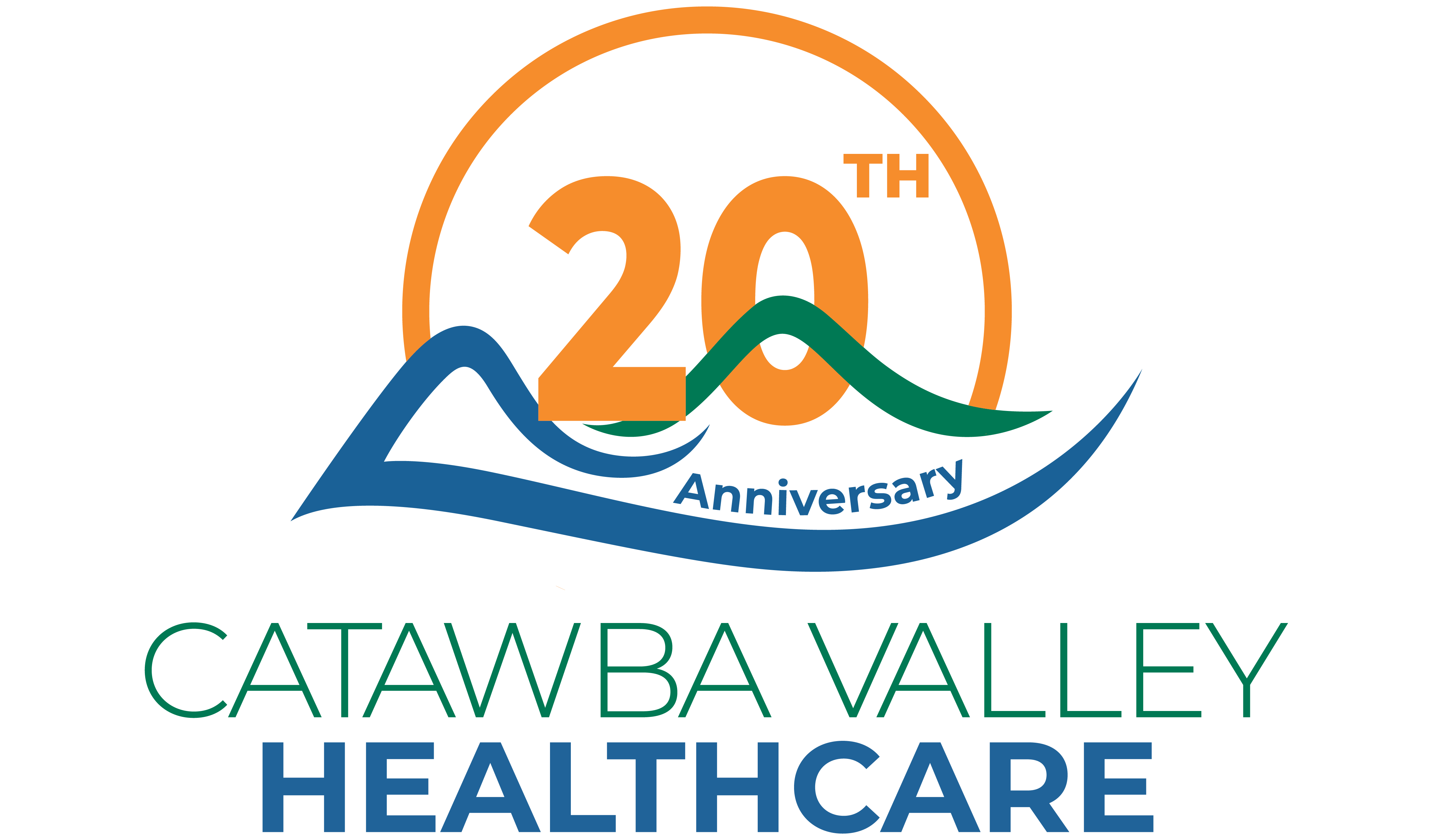Acute Respiratory Infections
Acute Respiratory Infections
Acute respiratory infections are infections that interfere with normal breathing. These infections can affect your upper respiratory system (starting with your sinuses and ending at your vocal cords) or your lower respiratory system (starting at your vocal cords and ending at your lungs), or both.
Symptoms of a respiratory infection include:
- Congestion in the nasal sinuses and/or lungs
- Runny nose or cough
- Sore throat
- Body aches and/or fatigue
Be sure to call your provider if you are experiencing the following:
- A fever over 103 degrees
- Chills
- Difficulty breathing
- Dizziness or fainting

When you first arrive at your appointment, you will likely have your oxygen level tested using a pulse oximeter. During your respiratory exam, your provider will check for fluid or inflammation in your lungs by listening for abnormal sounds as you breathe. Your provider will also look into your nose and ears and check your throat for inflammation. A swab may be used to get a sample of sputum (material coughed up from the lungs) to determine the type of virus or bacteria that is causing your infection.
If your provider concludes that your infection is in your lower respiratory tract, an X-ray or CT scan might be ordered to check the condition of your lungs.
There are many different causes of acute respiratory infections, including:
- COVID-19
- Common cold viruses
- Acute ear infection
- Acute pharyngitis
- Bronchitis or bronchiolitis
- Pneumonia
Most causes of acute respiratory infection are not treatable. As a result, prevention and treatment of symptoms are the best approaches. You should stay current on all recommended vaccines to lower your infection risks from respiratory diseases. These vaccines include the COVID-19, MMR (measles, mumps, and rubella) pertussis vaccine, and flu vaccines, as well as the Pneumovax vaccines when implicated.
Be sure your diet consists of plenty of vitamins, such as vitamin C, which helps boost your immune system. Avoid any smoking to keep your lungs and other organ systems as healthy as possible.
In otherwise healthy individuals, most common colds just need to run their course. But there are potential complications of acute respiratory infections that you must take very seriously as they can result in permanent damage or even death, such as:
- A respiratory arrest occurs when the lungs stop functioning
- Respiratory failure, a rise in CO2 in your blood caused by your lungs not functioning correctly
- Congestive heart failure occurs when the heart muscle does not pump blood as well as it should, potentially causing blood and fluid to back up in the lungs causing shortness of breath
Breathing Treatments
Breathing trouble can be caused by different issues. Sometimes the trouble is only temporary, such as when a patient has a cold or an infection that causes inflammation of the sinuses. When the inflammation begins to calm down, and the congested sinuses begin to drain, normal breathing can resume.
But many breathing problems such as asthma, allergies, sinusitis, and chronic obstructive pulmonary disease (COPD) can be chronic. These conditions cause ongoing nasal congestion, trouble breathing, chest congestion, coughing, wheezing, itchy or watery eyes, runny nose, and shallow breathing.
And because your nasal passage is the pathway for viruses and allergens to your lungs, chronic nose and sinus problems are often linked to some lung disorders. For example, a common trigger for an asthma attack is allergies which cause sinus or nasal inflammation.
Cigarette smoking can damage the airways that carry air to your lungs and the tiny air sacs (alveoli) in your lungs that move oxygen into your blood and remove carbon dioxide. The result can be the onset of chronic obstructive pulmonary disease (COPD). COPD, in turn, can lead to emphysema and chronic bronchitis.
Breathing problems can also result from other serious conditions such as COVID-19, pneumonia, tuberculosis, and lung disease related to HIV or AIDS.
If you are suffering from breathing problems, contact us at Catawba Valley Primary Care for a provider evaluation.
If breathing becomes very difficult during a respiratory infection, seek medical assistance immediately at an emergency department.
